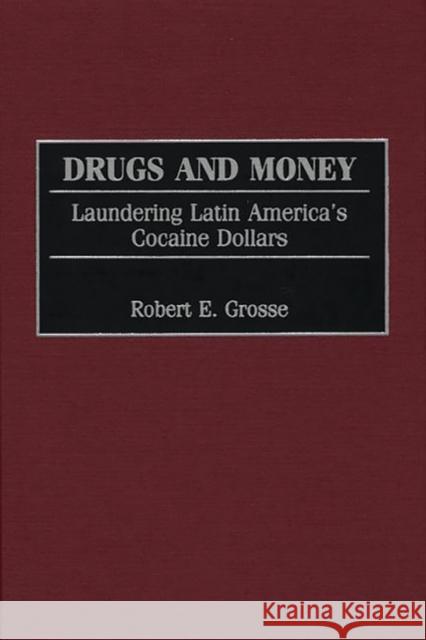Drugs and Money: Laundering Latin America's Cocaine Dollars » książka
Drugs and Money: Laundering Latin America's Cocaine Dollars
ISBN-13: 9780275970420 / Angielski / Twarda / 2001 / 240 str.
Money laundering has been around as long as there have been illicit businesses, since criminals have always had to convert their ill-gotten gains into clean financial instruments in order to utilize them in legitimate business. Grosse explores how drug traffickers turn profits from street sales of cocaine and crack into bank accounts, airplanes, securities investments, and other uses. These schemes are both creative and extensive, from shipping suitcases of dollars to Mexico, to buying gold with drug cash in California, to faking the export of clothing from Colombia to Panama. The amounts of money involved are often staggering--hundreds of millions of dollars in most cases.Grosse also considers some of the issues raised by money laundering. He offers advice to banks and other financial institutions that hope to avoid becoming involved in a money laundering process. He examines the social costs and benefits of money laundering, in particular the charge that the rapid development of Miami in the 1980s was due directly to the hundreds of millions of cocaine dollars invested in real estate and businesses by the cocaine cowboys. Increasing law enforcement has, in Grosse's opinion, only resulted in more clever laundering schemes, and recent discussion about legalizing narcotics will prove even more costly for the United States.











